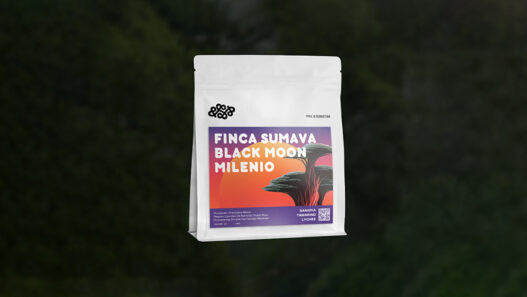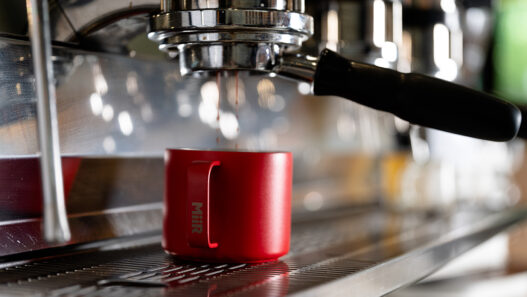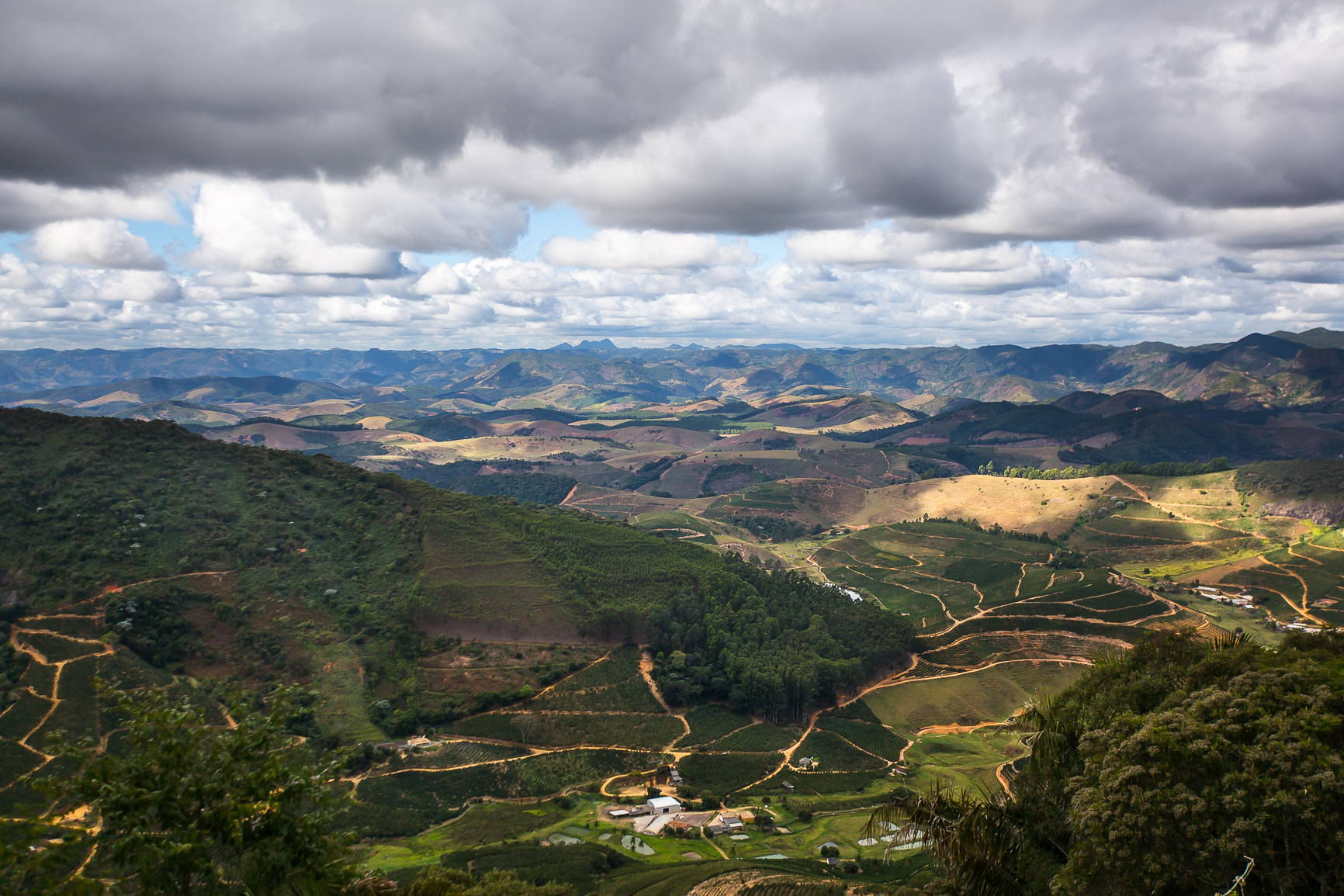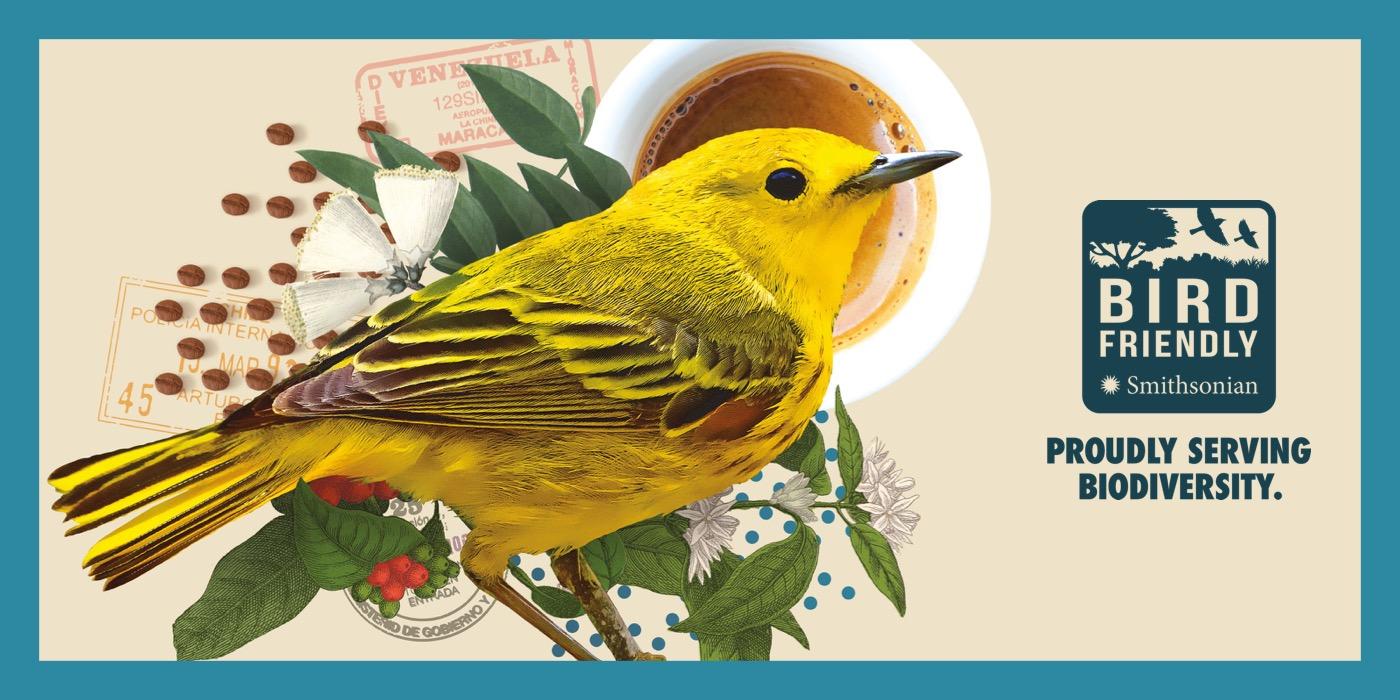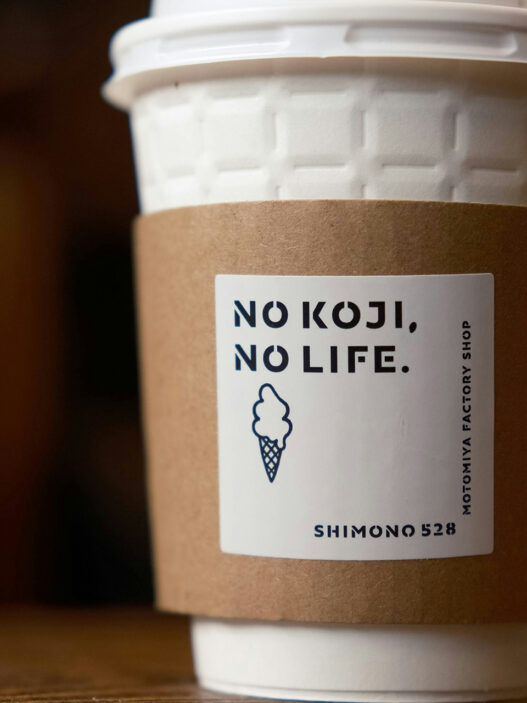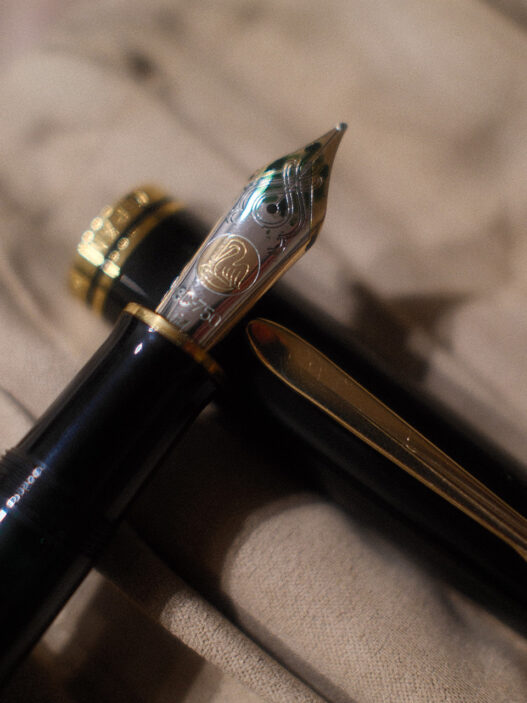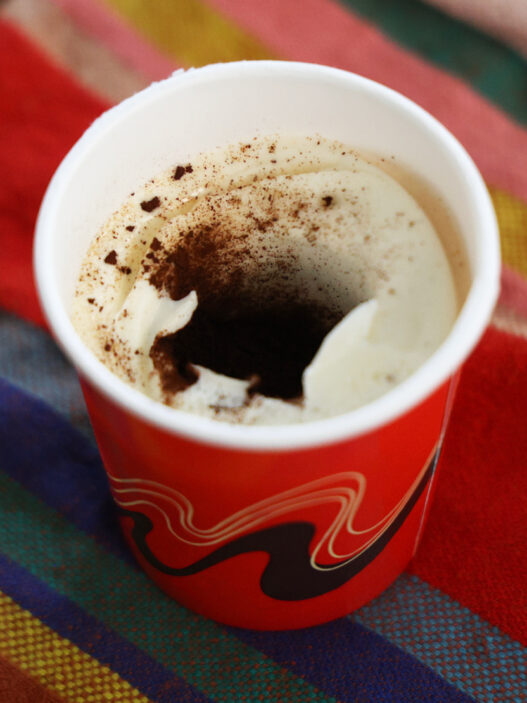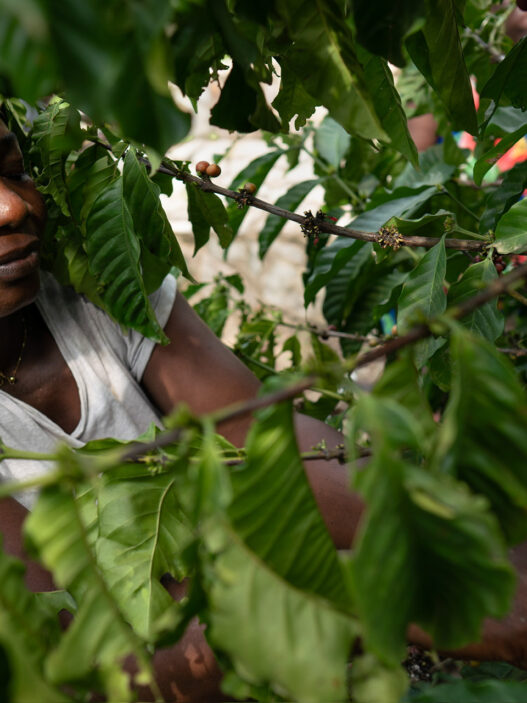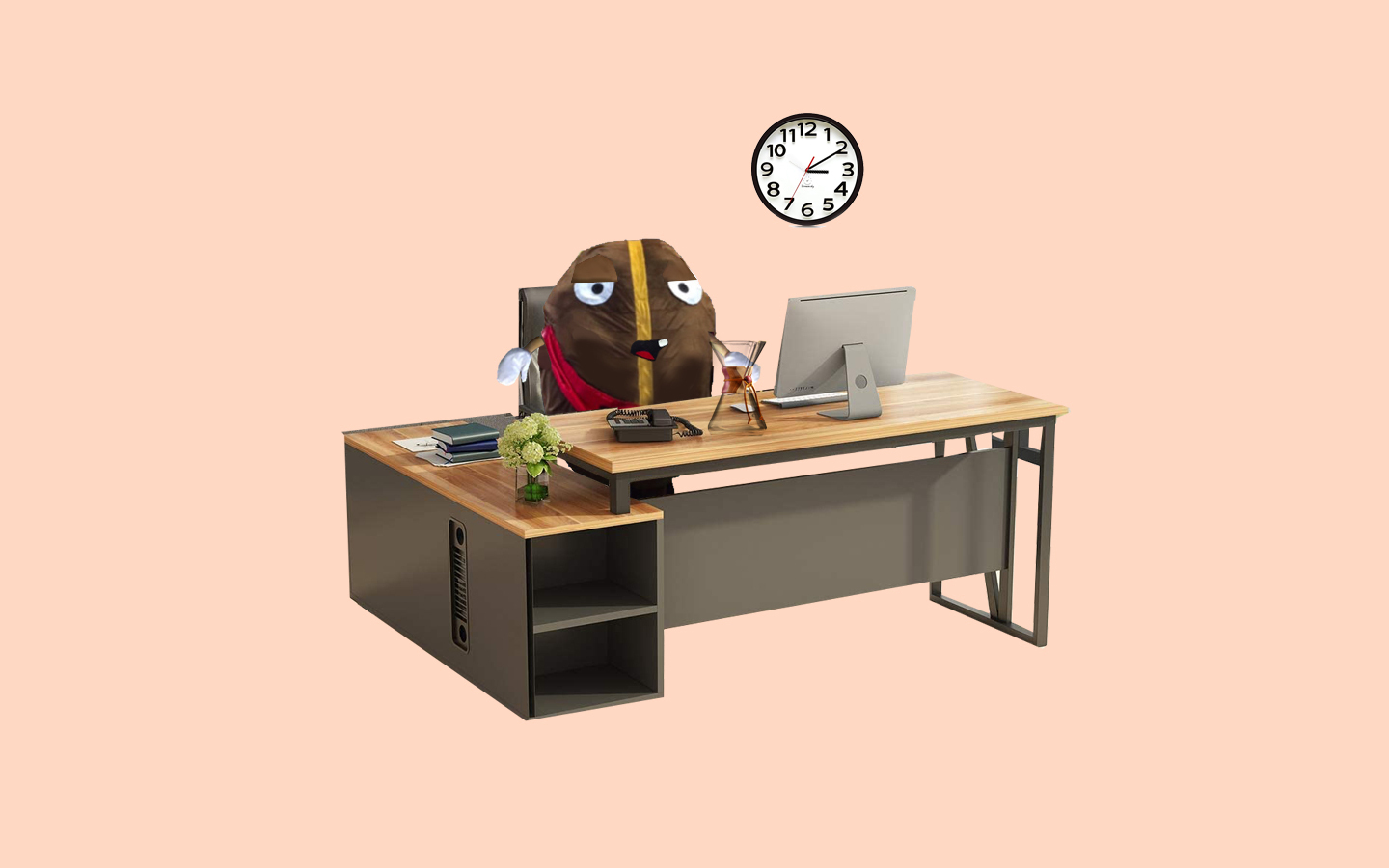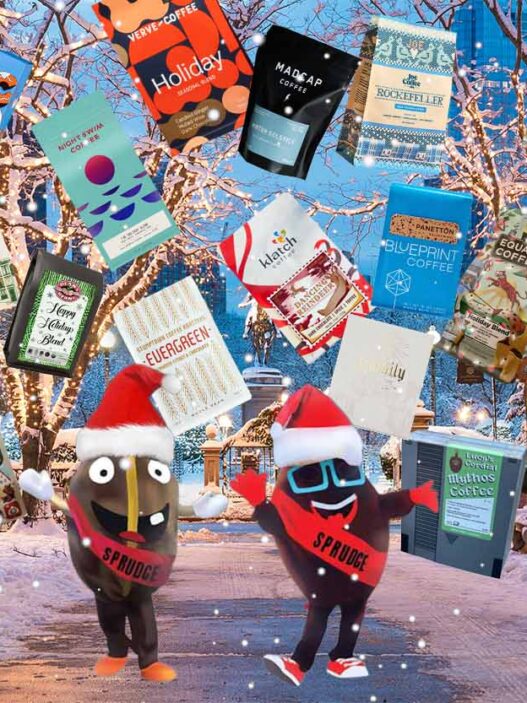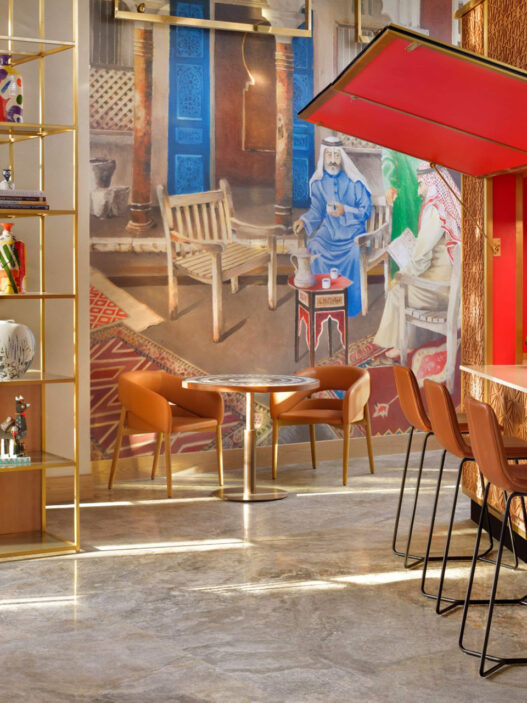Do you think a lot about the future of coffee—beyond your very next cup in the morning? Do you think a lot about the future of the planet? Does thinking about the first lead you to thinking about the second, bring on a wave of despair, and make you wonder if you should cut down on caffeine? Us too. To remedy that, we wanted to share about four positive-change organizations working, through coffee, to help protect the earth. Pour yourself another organic, Rainforest-Alliance-certified cup and read along!
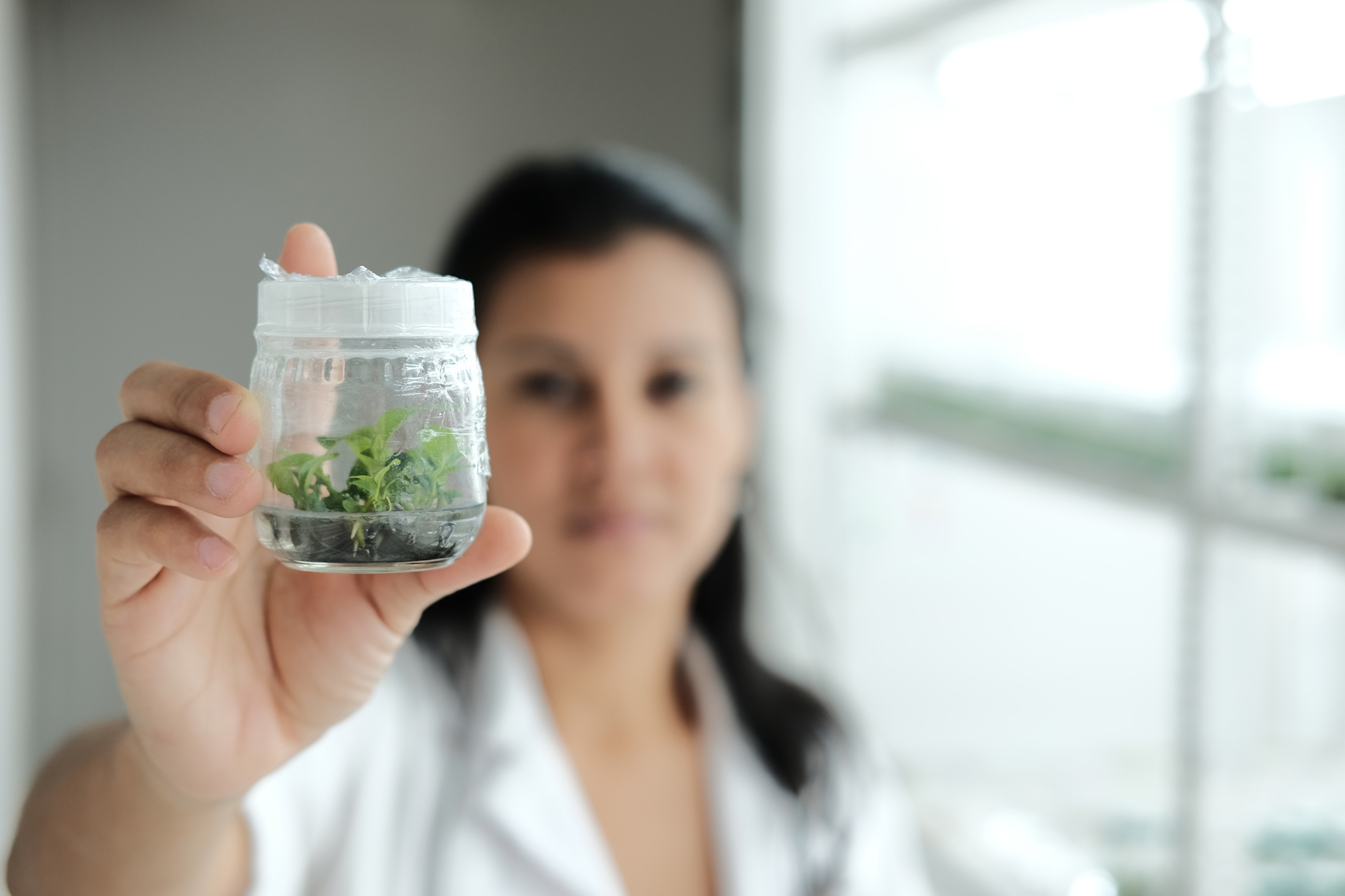
World Coffee Research
If you don’t know World Coffee Research, you should. Founded in 2012, this US-based nonprofit works across the world to help us understand and plan for the future of coffee through the scientific lens of hands-on agricultural research. As climate change threatens myriad species, the long-term sustainability of growing coffee (and, in turn, being able to afford coffee) is precarious. WCR is working to develop new plant hybrids (currently they’re working on the F1 Hybrids series) that are hoped to be resilient to the damaging temperatures, plant diseases, and pest problems all worsening due to the climate crisis.
WCR has also done invaluable work by producing the Varieties Catalog, a global directory of Arabica and Robusta varieties. Yet another cool project? The International Multi-Location Variety Trial (IMLVT), in which high-performing coffee varieties are planted around the world on test plots to see how these varieties perform “away from home”. They’ll be evaluated both based on resilience, and, of course, taste! This direct work on the future of coffee, quite literally, is inspiring to us.
What more can I do to support? ➡️ Become a member.
Smithsonian Bird-Friendly Coffee
Coffee certifications can be opaque and at times it may seem unclear which ring is best to throw one’s hat into. But a certification that straight up supports birds is one I think every coffee lover can get unequivocally behind. Founded by the Smithsonian Institution Migratory Bird Center more than 30 years ago, the Bird-Friendly certification is applied to both coffee and cacao that meets the criteria of appropriate shade, tree height, and biodiversity needed to positively benefit bird communities in these producing areas.
Smithsonian Bird Friendly Certification overlaps with organic farming entirely, meaning any Bird Friendly coffee is already 100% organic certified, with crops grown free of pesticides and herbicides. Currently Bird Friendly coffee is grown by more than 5,100 farmers worldwide in 11 countries growing 34 million pounds of coffee annually.
What more can I do to support? ➡️ Kirsten Hill, Program Manager, writes: “While donations are great, what we would truly love is for more roasters to sell Bird Friendly certified coffee, and for more consumers to make the switch to Bird Friendly when choosing their daily coffee. We have a “Buy Online” portal for anyone interested in trying Bird Friendly certified coffee and are always happy to chat with roasters who’d like to source Bird Friendly for their shops. Roasters can email us at birdfriendly@si.edu to learn more about joining the program.”
Nossa
Among the many earth-forward projects our friends at Cafe Imports support, we’re especially enamored of Nossa, an initiative founded to protect and reforest the Atlantic Forest Biome. If you’re not up on your forest biomes, the Atlantic Forest, or Mata Atlantica, is one of the world’s largest—an ecosystem spanning the East coast of Brazil and reaching inland as far as Argentina and Paraguay. This diverse forest is made up of a variety of ecoregions and habitats, all of which are threatened by climate change.
Banding together with Bourbon Specialty Coffees and Mata Atlantica SOS (an Atlantic Forest conservation NGO that helps facilitate these kinds of projects directly on—and in!—the ground), Cafe Imports sets aside money from their Nossa-specific coffees to fund reforestation. Nossa’s contributions currently go towards helping Bourbon Specialty meet a goal of replanting an area of 277 hectares in Vale da Grama (pictured above), an area from which Cafe Imports regularly sources coffee. The Nossa project also provides support for local farmers to learn and execute regenerative farming practices, and includes monitoring of local water and watersheds within these planting regions.
What more can I do to support? ➡️ Donate to SOS Mata Atlantica
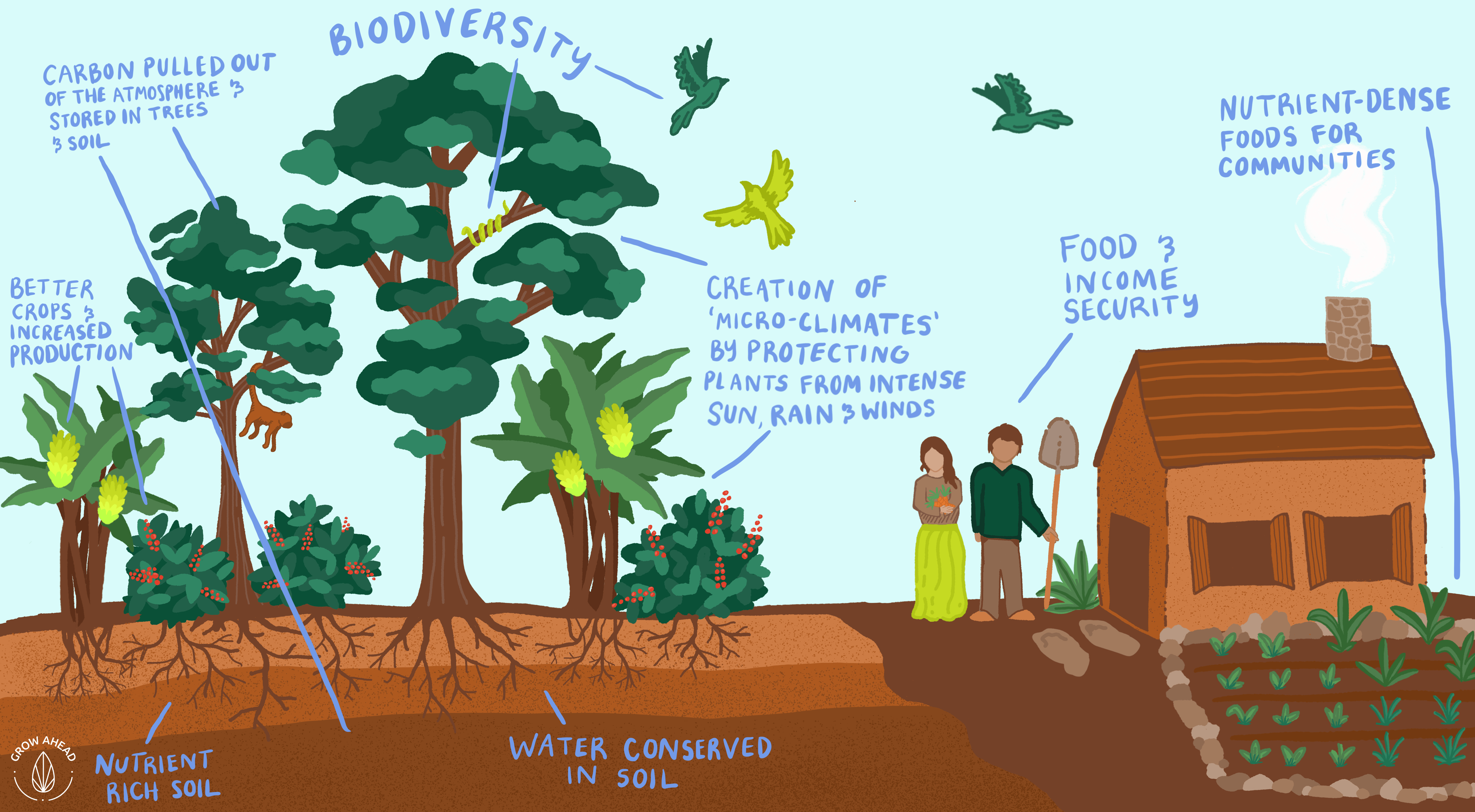
Grow Ahead
Another organization doing meaningful agroforestry work is Grow Ahead, which works worldwide to plant trees alongside crops in a harmonious, restorative way. Grow Ahead’s coffee-specific projects include farmer-led agroforestry in Mexican coffee, such as work with the The Coalition of Ejidos of the Costa Grande of Guerrero replanting trees in areas ravaged by roya, or coffee leaf rust. Besides replanting damaged coffee trees with rust-resistant varieties, Grow Ahead, their partners, and the farmers with whom they work are preserving native species to ensure the biodiversity essential to these regions stays intact.
Grow Ahead’s on-the-ground projects help to establish local nurseries and provide education and training to farmers, and have so far replanted more than 75,000 trees in the Guerrero region. Other projects have included a women-led reforestation and beekeeping project in Brazil, a reforestry and food soverignty initiative in Thailand, and an agroforestry project supporting Ghanaian cacao farms and farmers.
What more can I do to support? ➡️ Donate
Liz Clayton is the associate editor at Sprudge Media Network. Read more Liz Clayton on Sprudge.
Photos provided courtesy their respective organizations. World Coffee Research photo by Bram de Hoog.
This story has been updated to include a note from Smithsonian Bird Friendly.




